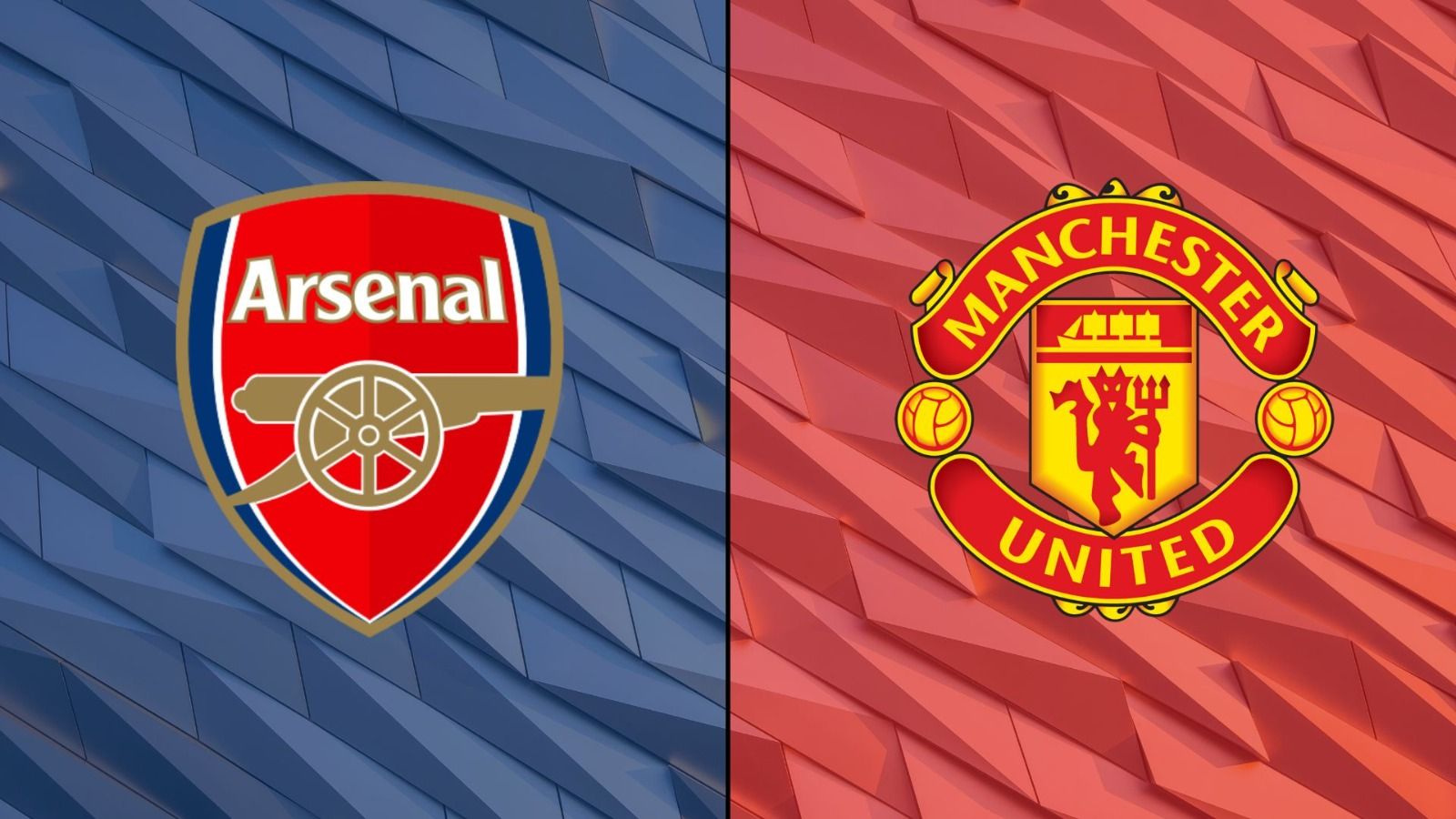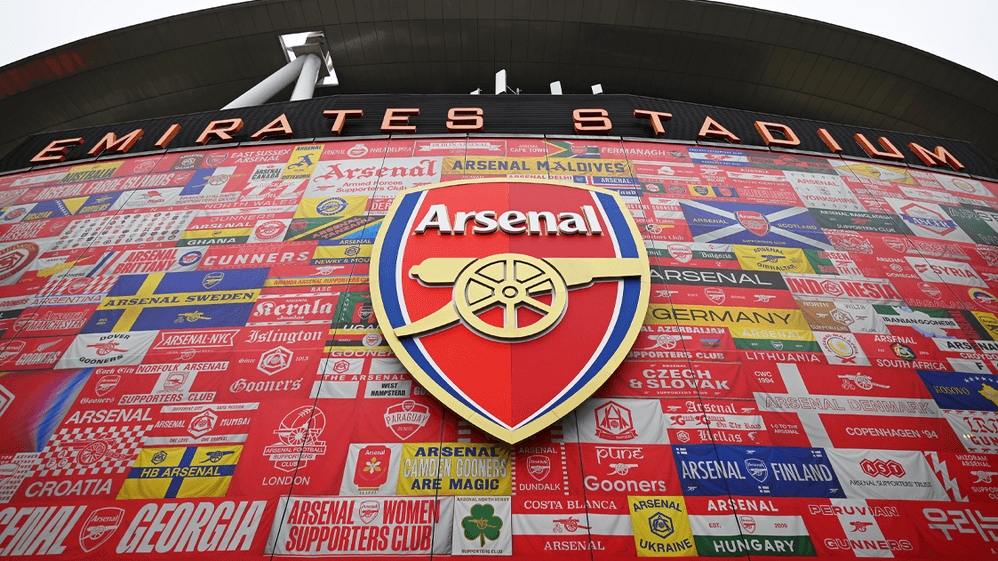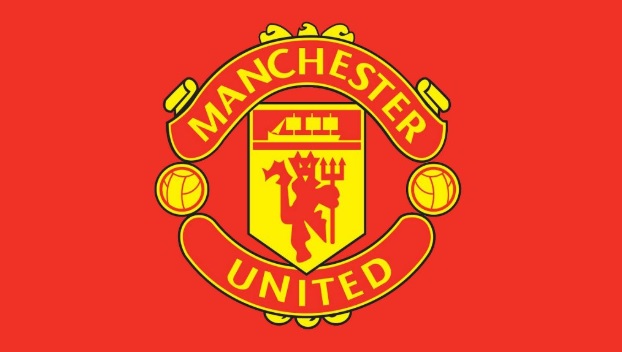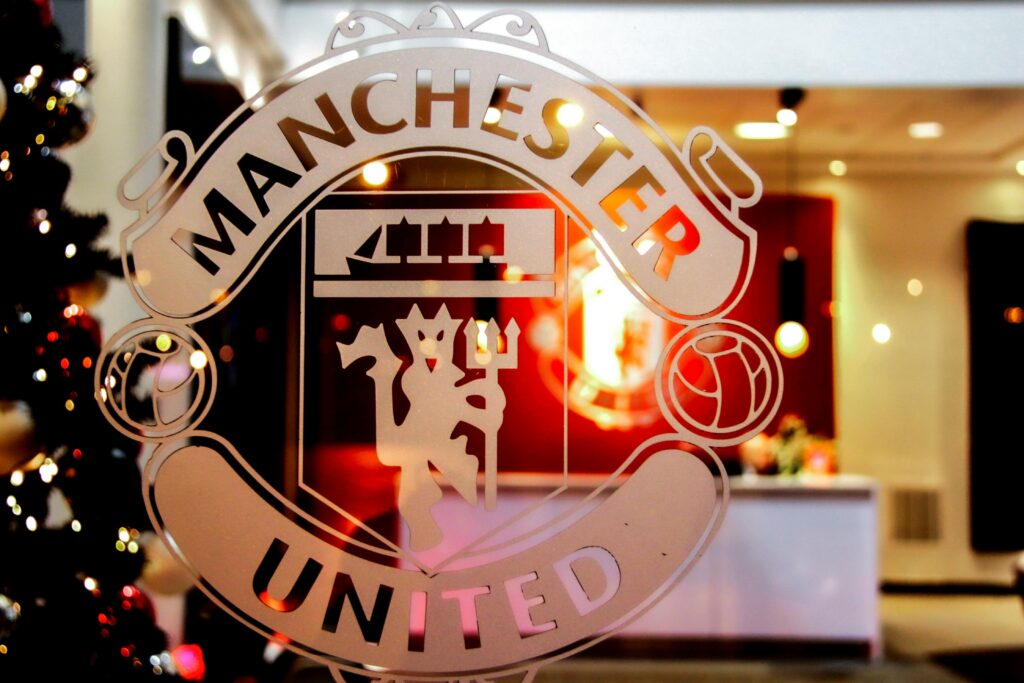The Arsenal Vs. Manchester United Rivalry is arguably the most compelling and iconic in modern English football history. It’s a tale of two giants, spearheaded by legendary managers and featuring some of the most memorable matches, controversies, and individual duels the Premier League has ever seen. While both clubs have long-standing traditions and have frequently been in the same division, the true intensity of this rivalry ignited in the mid-1990s and early 2000s, largely fuelled by their relentless competition for the Premier League title and the FA Cup, alongside the simmering enmity between their legendary managers and combative captains.
.jpeg?auto=webp&format=pjpg&width=3840&quality=60)
Arsenal Vs. Manchester United: Image source
Arsenal FC- The Gunners

Emirates Stadium: Source
Club History
Founded in 1886 as Dial Square in Woolwich, South East London, Arsenal Football Club moved to North London in 1913, establishing themselves at the historic Highbury stadium. In 2006, they relocated to the state-of-the-art Emirates Stadium. Arsenal is renowned for its attractive, attacking football, often characterized by intricate and fluid movement. Their rich history includes numerous domestic triumphs, most notably the “Invincibles” season where they went an entire Premier League campaign unbeaten. They hold the record for the most FA Cup wins, solidifying their status as a major force in English football.
Key Figures in the Arsenal Vs. Manchester United Rivalry Era
- Arsène Wenger (Manager, 1996-2018): “Le Professeur” revolutionized English football with his scientific approach to diet, training, and player development. His tactical battles and psychological warfare with Sir Alex Ferguson defined the rivalry for over a decade, pushing both clubs to unprecedented heights.
- Patrick Vieira (Midfielder, 1996-2005): A colossal figure in Arsenal’s midfield, his power, elegance, and leadership were pivotal. His direct and often explosive midfield duels with Roy Keane perfectly encapsulated the on-pitch ferocity of the rivalry.
- Thierry Henry (Forward, 1999-2007, 2012): Arsenal’s all-time leading scorer, Henry’s electrifying pace, mesmerizing skill, and prolific goalscoring ability consistently tormented Manchester United’s defence, making him one of the most feared opponents.
- Dennis Bergkamp (Forward, 1995-2006): The “Non-Flying Dutchman” brought an exquisite touch, sublime vision, and an uncanny ability to score crucial goals in big matches, often unlocking stubborn United defences with moments of genius.
Major Honours
- League Titles: 13 (including the historic 2003-04 “Invincibles” season)
- FA Cup: 14 (record holders)
- League Cup: 2
- Community Shield: 17
- European Cup Winners’ Cup: 1
- Inter-Cities Fairs Cup: 1
Manchester United FC: The Red Devils

Manchester United Football Club: source
Club History
Founded as Newton Heath LYR Football Club in 1878, the club was renamed Manchester United in 1902 and moved to its iconic Old Trafford ground in 1910. Manchester United stands as England’s most successful club in terms of league titles and overall major honours. Their storied history includes the tragic “Busby Babes” era, the triumphant era under Sir Matt Busby, and the unprecedented success of the 1990s and 2000s under Sir Alex Ferguson, highlighted by the historic treble of 1999. They boast one of the largest and most passionate global fanbases, and their identity is synonymous with attacking, entertaining football.
Key Figures in the Arsenal Vs. Manchester United Rivalry Era
- Sir Alex Ferguson (Manager, 1986-2013): The most decorated manager in British football history, his relentless drive, tactical genius, and unparalleled will to win transformed Manchester United into a dominant force. His fierce intellectual and psychological battles with Arsène Wenger added an extra layer of drama to every encounter.
- Roy Keane (Midfielder, 1993-2005): The embodiment of Manchester United’s combative and never-say-die spirit, Keane’s fearless leadership and intense rivalry with Patrick Vieira were at the very core of many a heated derby. He pushed his teammates to their absolute limits.
- Ryan Giggs (Winger, 1990-2014): A club legend and the most decorated player in English football, Giggs’s incredible longevity, electrifying wing play, and moments of individual brilliance – particularly his iconic FA Cup semi-final goal in 1999 – are etched into the rivalry’s folklore.
- Paul Scholes (Midfielder, 1993-2011, 2012-2013): A midfield maestro, Scholes was renowned for his exceptional passing range, intelligent play, and thunderous long-range shots. He often dictated the tempo of these high-stakes games with his understated genius.
- Ruud van Nistelrooy (Striker, 2001-2006): A prolific and clinical goalscorer, Van Nistelrooy’s direct confrontations with Arsenal’s famously aggressive defence, especially Martin Keown, led to some of the most memorable and controversial flashpoints in the rivalry.
Major Honours
- League Titles: 20 (record holders)
- FA Cup: 13
- League Cup: 6
- Community Shield: 21 (record holders, including shared titles)
- European Cup/Champions League: 3
- European Cup Winners’ Cup: 1
- UEFA Europa League: 1
- UEFA Super Cup: 1
- Intercontinental Cup: 1
- FIFA Club World Cup: 1
Their Shared History and Statistics: The Premier League’s Defining Rivalry
While Arsenal and Manchester United first met in 1894 when United were known as Newton Heath and Arsenal as Woolwich Arsenal, the modern, fierce rivalry truly intensified from the mid-1990s onwards. This period saw both clubs emerge as the undisputed dominant forces in English football, constantly vying for the top honours.
Arsenal Vs. Manchester United Key Historical Moments and Controversies
- The October 1990 Brawl (Man Utd 0-1 Arsenal): Often cited as the spark for the modern rivalry. After a tackle by Nigel Winterburn on Denis Irwin, a mass brawl involving 21 players erupted. This unprecedented incident led to both clubs being controversially docked points by the Football Association – Arsenal lost two points and United one – a decision that significantly influenced the title race that season, with Arsenal eventually winning the First Division.
- The Wenger-Ferguson Era Begins (1996): Arsène Wenger’s arrival in October 1996 fundamentally reshaped English football. His clashes with Sir Alex Ferguson, who had already established United’s dominance, became the defining narrative of the Premier League for over a decade. Their contrasting philosophies, public mind games, and touchline animosity added immense theatre to every fixture. From February 1997 to February 2005, a staggering seven red cards were shown in their competitive matches, underscoring the raw intensity.
- The Treble Semi-Final (14 April 1999: Man Utd 2-1 Arsenal AET, FA Cup Semi-Final Replay): A classic. After a 1-1 draw in the first match, the replay at Villa Park delivered unparalleled drama. Roy Keane was sent off, but the iconic moment came in the final minute of normal time when Peter Schmeichel saved Dennis Bergkamp’s penalty. In extra time, Ryan Giggs scored one of the greatest individual goals in FA Cup history, embarking on a dazzling solo run from his own half before smashing past David Seaman, sending United to the final and ultimately paving the way for their historic treble.
- The “Battle of Old Trafford” (21 September 2003: Man Utd 0-0 Arsenal): This infamous goalless draw was anything but dull. In a brutal, full-blooded encounter, Ruud van Nistelrooy missed a last-minute penalty. The aftermath saw a furious Martin Keown and other Arsenal players aggressively confront Van Nistelrooy, leading to multiple FA charges and fines for Arsenal players for their unsportsmanlike conduct. Arsenal would go on to complete their “Invincibles” season, but this match was a pivotal moment of defiance.
- The End of the Invincibles & “Pizzagate” (24 October 2004: Man Utd 2-0 Arsenal): Manchester United ended Arsenal’s record 49-game unbeaten Premier League run in a highly controversial match. A dubious penalty, converted by Ruud van Nistelrooy, and a late Wayne Rooney goal sealed the win. The match was followed by the infamous “Battle of the Buffet” in the tunnel, where a piece of pizza (later revealed by Cesc Fabregas to be his doing) was thrown at Sir Alex Ferguson. This incident perfectly encapsulated the heated animosity between the two sides.
- The Tunnel Confrontation (1 February 2005: Arsenal 2-4 Man Utd): Prior to kickoff at Highbury, Roy Keane and Patrick Vieira engaged in a furious shouting match in the tunnel, forcing referee Graham Poll to intervene. Keane famously told Vieira, “I’ll see you out there!” United went on to win a thrilling encounter 4-2, with Cristiano Ronaldo scoring twice.
- Winning the Title at Old Trafford (8 May 2002: Man Utd 0-1 Arsenal): Sylvain Wiltord’s goal at Old Trafford clinched the Premier League title for Arsenal with a game to spare, achieving a famous double over their rivals on their own patch, a moment of sweet vindication for Wenger’s side.
- The 8-2 Rout (28 August 2011: Man Utd 8-2 Arsenal): A truly humiliating day for Arsène Wenger’s Arsenal, as a heavily depleted Gunners side was ripped apart at Old Trafford. Wayne Rooney scored a hat-trick in a crushing defeat that underscored a significant power shift and marked one of Arsenal’s darkest days in the Premier League era.
- The Return of Van Persie (28 April 2013: Arsenal 1-1 Man Utd): Robin van Persie, who controversially moved from Arsenal to Manchester United in 2012, returned to the Emirates Stadium. He scored United’s goal and received a “guard of honour” from his former club as United had already clinched the Premier League title, adding another layer of complexity to the rivalry.
- Recent Thrillers (22 January 2023: Arsenal 3-2 Man Utd; 3 September 2023: Arsenal 3-1 Man Utd): Under Mikel Arteta, Arsenal have rekindled their competitive edge against United, delivering thrilling victories that recall the intensity of past eras, often featuring late goals and dramatic twists, demonstrating the rivalry’s enduring appeal.
Arsenal vs. Manchester United: Head-to-Head Statistics
| Statistic | Arsenal | Manchester United |
| Total Meetings | 244 | 244 |
| Wins | 90 | 99 |
| Draws | 55 | 55 |
| Goals Scored | 348 | 366 |
| Largest Victory (Home) | Arsenal 5-0 Man Utd (FA Cup, 1910) | Man Utd 8-2 Arsenal (Premier League, 2011) |
| Largest Victory (Away) | Man Utd 0-1 Arsenal (Premier League, 2002) | Arsenal 1-6 Man Utd (First Division, 1947) |
| Most Player Appearances | David O’Leary (Arsenal) – 33 | Ryan Giggs (Man Utd) – 50 |
| Top Scorer in Derby | Thierry Henry (9 goals) | Wayne Rooney (12 goals) |
Head-to-Head by Competition
| Competition | Played | Arsenal Wins | Draws | Man Utd Wins | Arsenal Goals | Man Utd Goals |
| Football League/Premier League | 212 | 77 | 50 | 85 | 298 | 316 |
| FA Cup | 17 | 6 | 3 | 8 | 21 | 23 |
| League Cup | 6 | 2 | 0 | 4 | 12 | 15 |
| Community Shield | 6 | 4 | 0 | 2 | 14 | 7 |
| UEFA Champions League | 2 | 0 | 0 | 2 | 1 | 4 |
| Football League Centenary Trophy | 1 | 1 | 0 | 0 | 2 | 1 |
| Total | 244 | 90 | 55 | 99 | 348 | 366 |
The Enduring Legacy of a Fierce Rivalry
While the intense direct competition for the Premier League title between Arsenal and Manchester United has waned since the mid-2000s with the rise of other formidable clubs like Chelsea, Manchester City, and Liverpool, the Arsenal vs. Manchester United rivalry remains deeply embedded in the fabric of English football.
The memory of the Wenger-Ferguson era, the iconic clashes between Keane and Vieira, and the sheer quality of football on display during their peak periods ensure that any fixture between these two giants is still anticipated with fervour. It represents a clash of titans, a battle of philosophies, and a reminder of a golden age when two clubs truly dominated the English game. Though the stakes may have evolved, the historical significance and the potential for drama continue to make this one of the most compelling and essential derbies in the football calendar.


